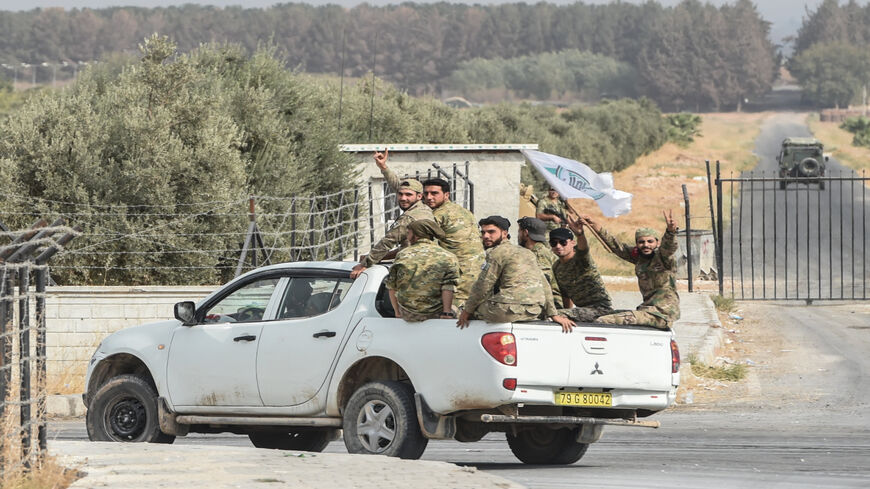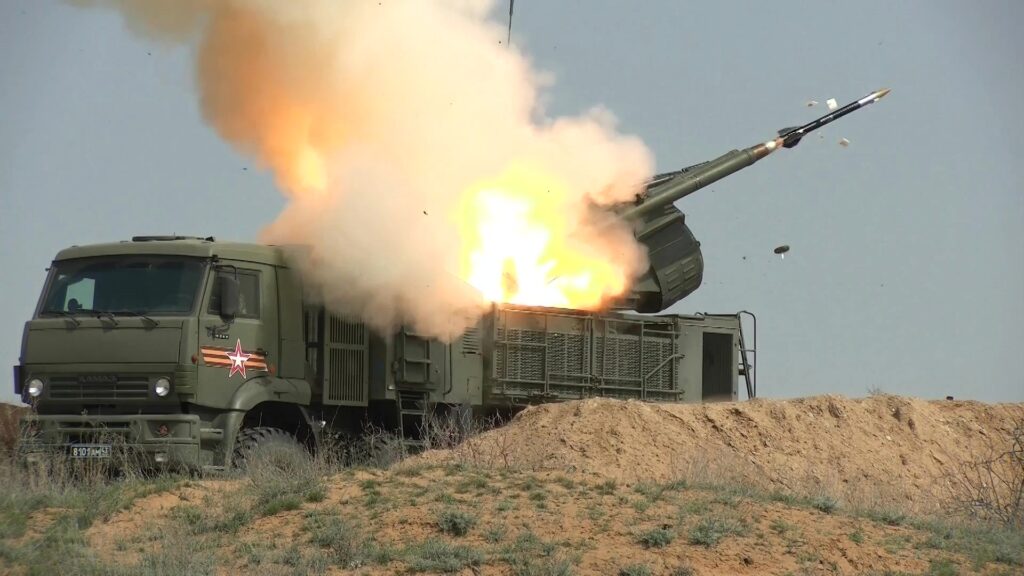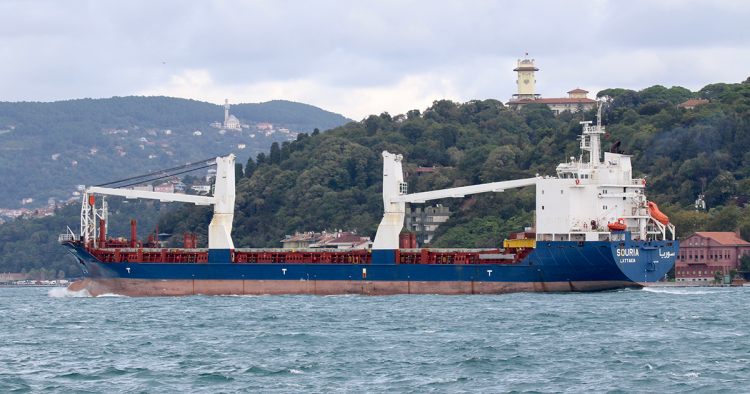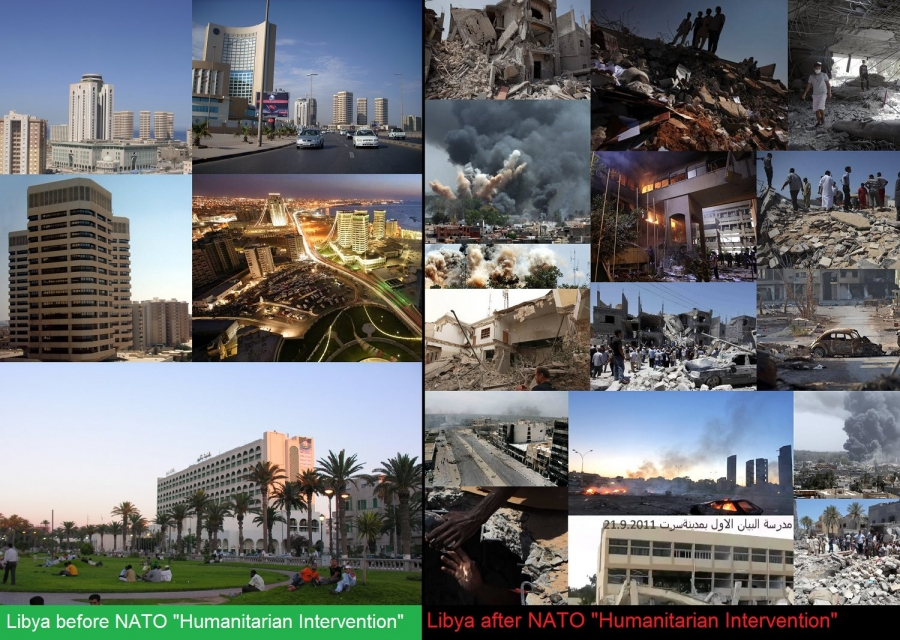SDF handing east Euphrates to Russian and regime forces | Worries prevails Deir Ezzor countryside

Deir Ezzor province: SDF-held areas in Deir Ezzor province experience worries among the population in light of the escalated media coverage by the Turkish side and its proxies over an anticipated military operation on east Euphrates region.








